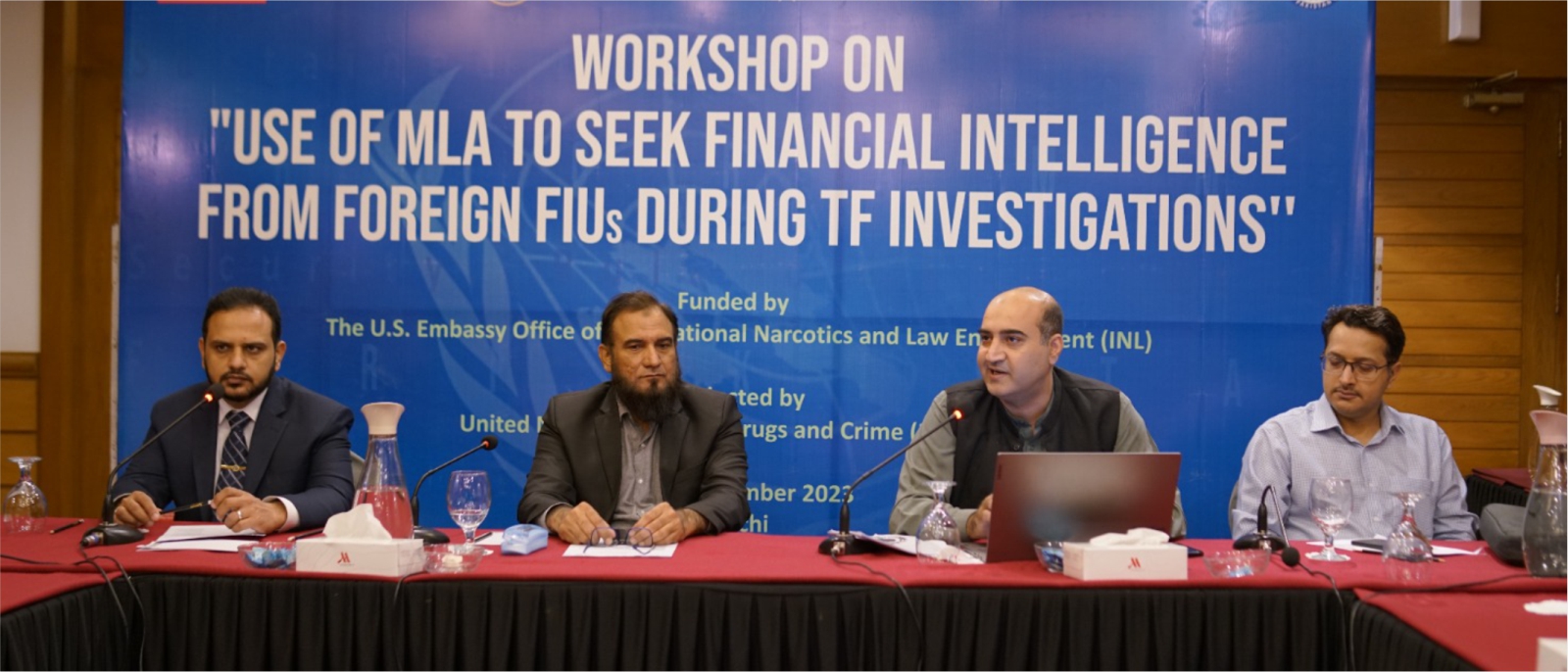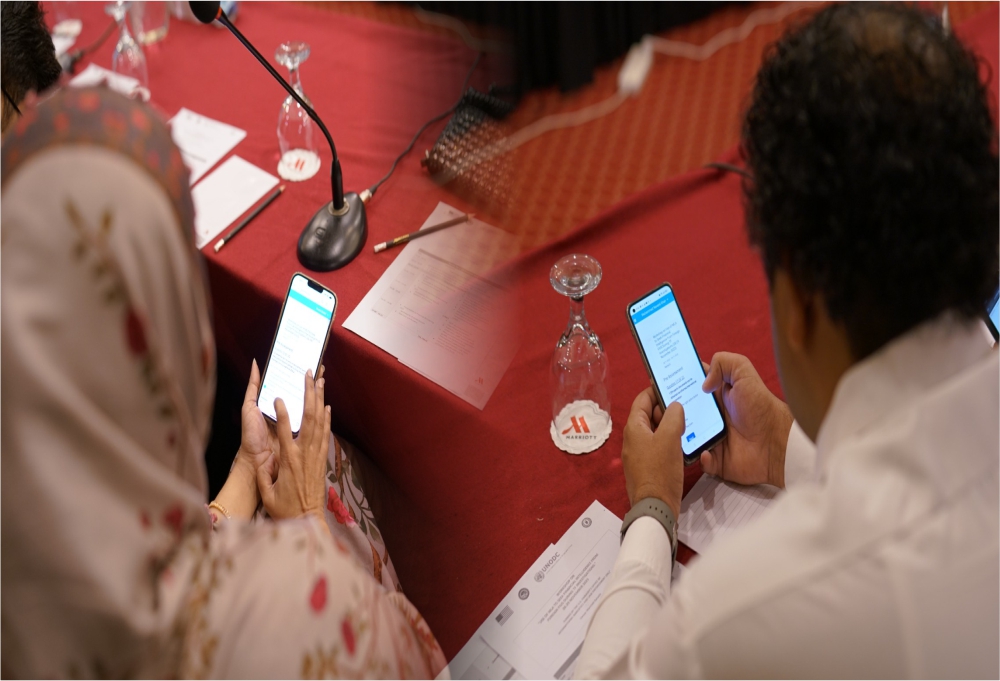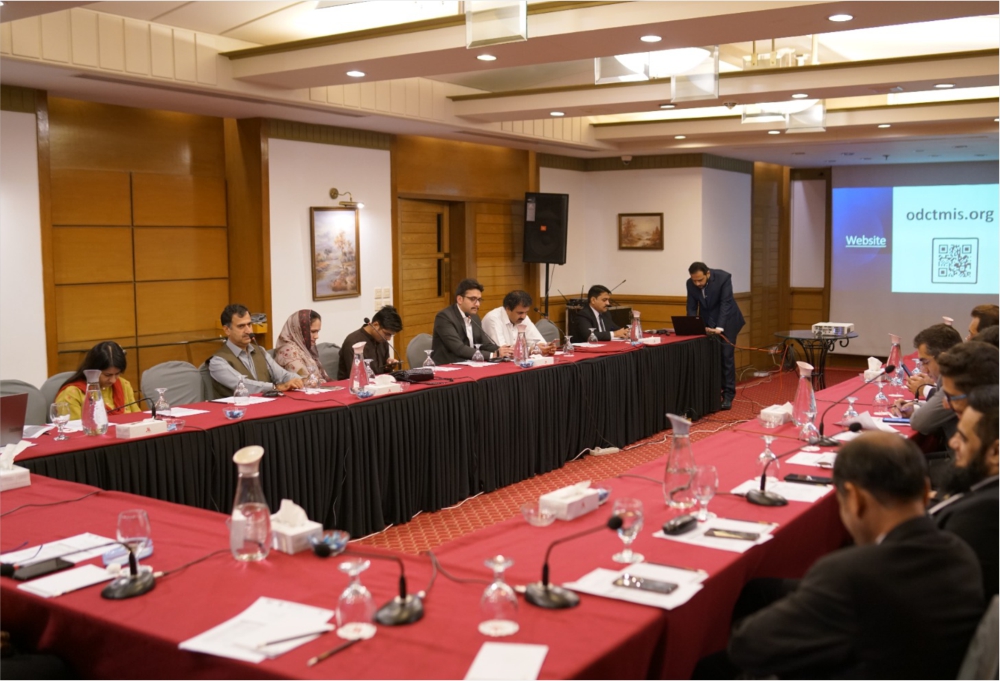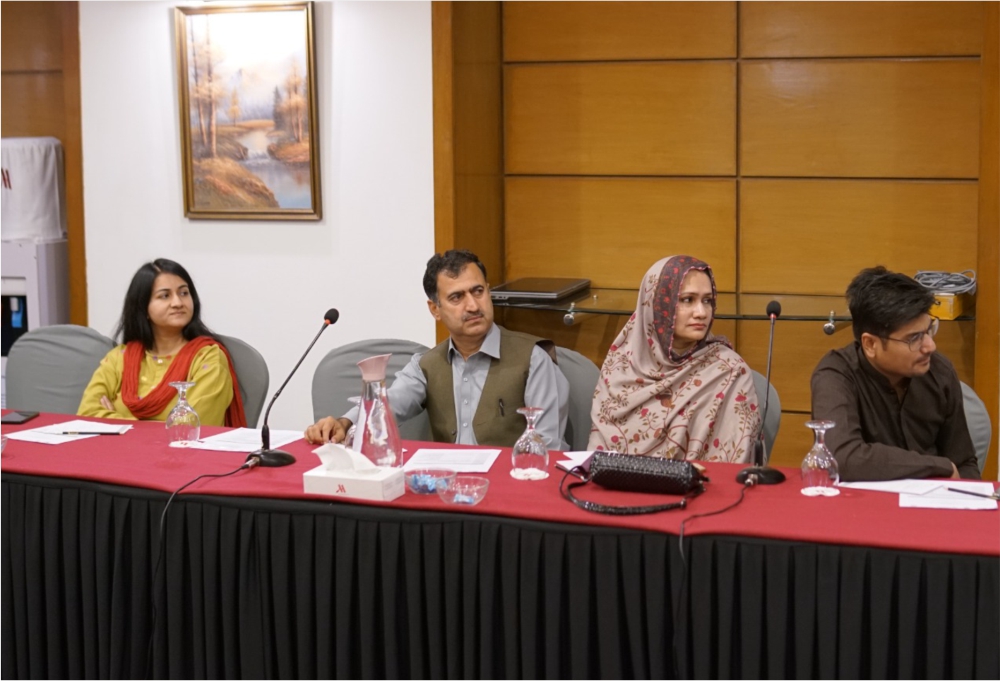
29 November 2023 Karachi - The U.S. Embassy's Office of International Narcotics and Law Enforcement (INL) and the United Nations Office on Drugs and Crime (UNODC) Country Office Pakistan held a successful counterterrorism workshop in Karachi on November 29. The UNODC coordinated the two-day INL-funded workshop, which was entitled “Use of Mutual Legal Assistance (MLA) to Seek Financial Intelligence from foreign Financial Intelligence Units (FIUs) during Terrorism Financing (TF) Investigations.” This initiative was a collaborative effort involving key Pakistani partner agencies including the Financial Monitoring Unit (FMU), the Ministry of Interior, and the National Counter Terrorism Authority (NACTA). The core objective of the workshop was to enhance the understanding and practical skills of law enforcement officials in utilizing Mutual Legal Assistance (MLA) and investigations into terrorism financing. Participants included representatives from various institutions such as the FMU, Federal Investigation Agency (FIA), the Sindh and Balochistan Prosecution Departments, and Anti-Terrorism Court.
On day one, the sessions delved into crucial components such as Mutual Legal Assistance (MLA), international obligations aligned with FATF standards, and the practical implementation of these standards in terrorism financing (TF) investigations. The program focused on comprehending the role of the Financial Monitoring Unit in anti-money laundering (AML), a demonstration of UNODC’s application goAML, and regime for the countering the financing of terrorism (CFT) regime. Workshop facilitators led interactive sessions and discussion of various case studies. INTERPOL conducted an enriching presentation, equipping participants with a comprehensive understanding of international tools and resources available for TF investigations and informal cooperation.



On day two of the workshop, facilitators emphasized Pakistan's MLA framework, the role of the central authority in facilitating international cooperation, and practical exercises for initiating MLA requests. There was also a significant focus on the development and utilization of an ePortal for managing MLA requests, demonstrating the integration of technology in streamlining these processes. The program prepared key Pakistani stakeholders for future MLAs and the challenges of current TF investigations.
UNODC and workshop facilitators presented participants with a certificate at a ceremony, celebrating the enhanced expertise of the participants. Key Pakistan implementers are now equipped with crucial knowledge and skills, strengthening Pakistan's efforts in combating terrorism financing and fostering international collaboration.